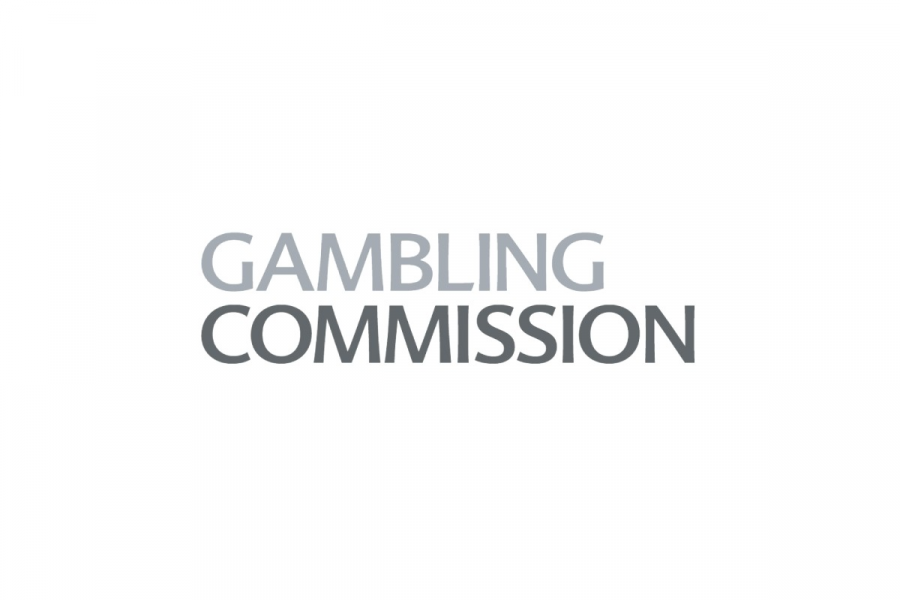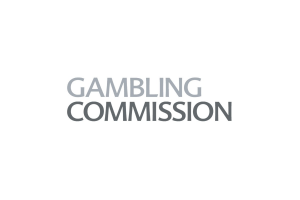British Gambling Commission blasts “unacceptable” AML failings

The British regulator has suggested operators have been putting profit before compliance.
UK.- The British Gambling Commission’s annual Compliance and Enforcement Report for 2020/21 has taken a stern view of operators’ records on anti-money laundering (AML) and social responsibility measures.
The regulator’s report heavily criticised operators for failing to ensure adequate due diligence measures and suggested that the drive for profits may be to blame.
This report concludes that too many operators either had inadequate due diligence procedures in place or failed to implement them correctly.
It highlights an over-reliance on third parties to conduct due diligence checks and warns that many operators’ set their thresholds for checks too high or used an individual metric rather than a full picture of customers.
It said that operators used inadequate risk assessment methodology for flagging money laundering and terrorist financing risks and often failed to recognise that problem gambling could be linked to money laundering and terrorist financing.
It highlighted several incidents from the past year, including the action it took against Casumo in March. It fined the operator £6m for allowing a customer to lose £1.1m without receiving responsible gambling interactions.
Other examples included cases of false identification being provided and a land-based casino customer claiming packets of cash were from another casino.
The regulator said: “The Commission is continuing to see repeated examples of operators failing to undertake reviews of their risk assessments which take into account the Commission’s emerging risk publications.
“We continue to see insufficient due diligence checks which increases the risk of accepting illicit funds (including the proceeds of crime and terrorist financing).”
It added: “The reasons for these failings are almost as concerning as the failings themselves. Our casework reveals that operators are either not making suitable resources available or are simply putting commercial objectives ahead of regulatory ones.
“This is simply unacceptable and will be seen as such by others in the industry who work hard to achieve compliance.”











